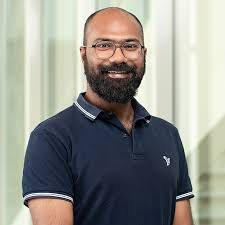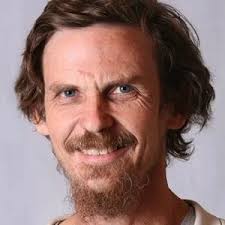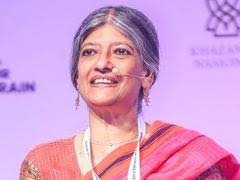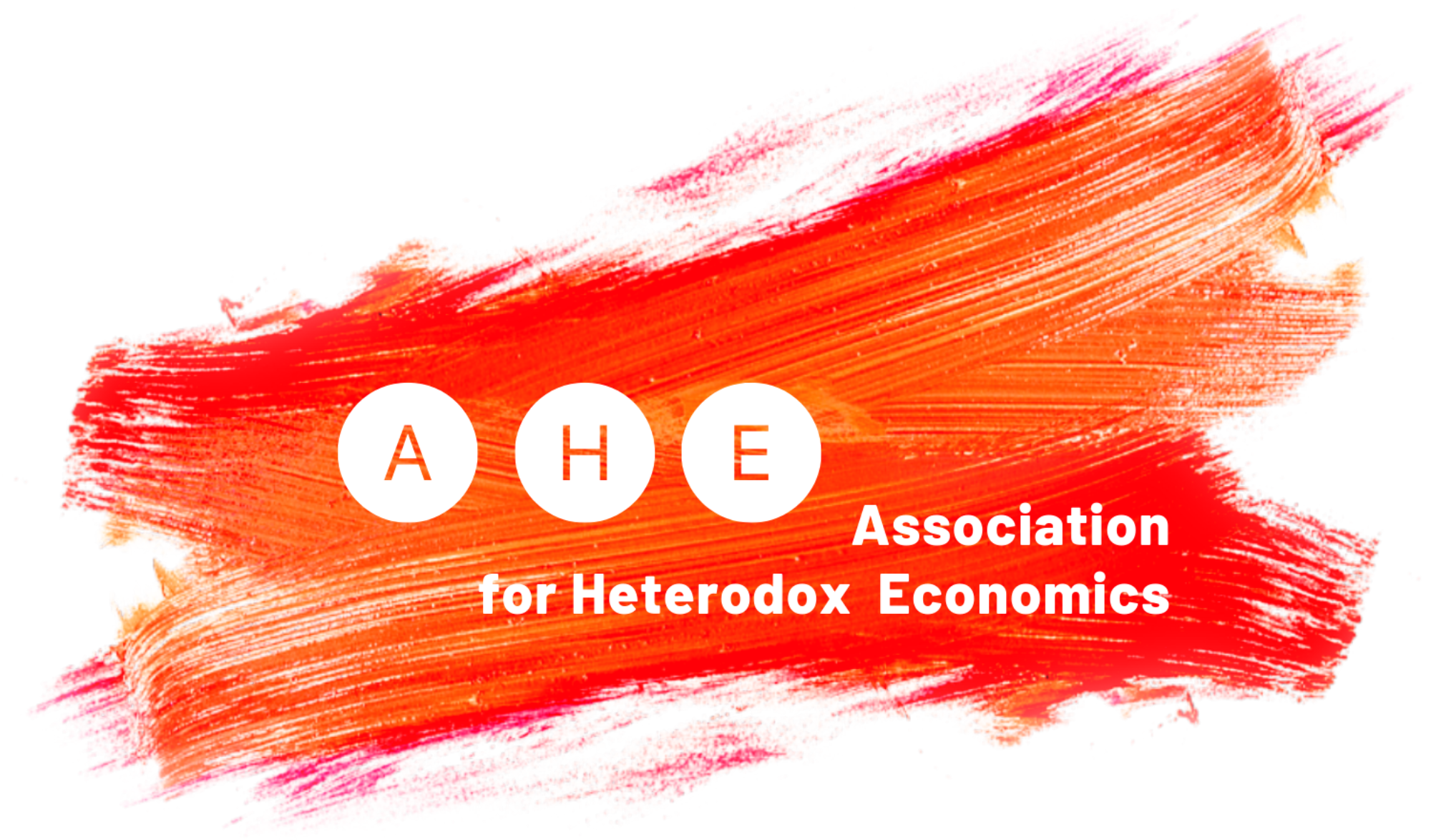Are Hindu Nationalists Good for the Economy? A Webinar on Development in India under the Bharatiya Janata Party (BJP)
.
Are Hindu Nationalists Good for the Economy?
A Webinar on Development in India under the Bharatiya Janata Party (BJP)
.
While it is criticized for eroding democracy and secular norms, India’s Hindu nationalist government is often portrayed as a roaring economic success. With an estimated growth rate of 7.6% in 2023-24, a booming stock market, massive public investment in infrastructure, and a rising middle class, a widely prevalent narrative suggests that India is becoming an economic powerhouse. At the same time, India’s educated youth unemployment is at a record high of 66%, rural wages are stagnant, precarity is rising, and the level of inequality has surpassed that in the colonial period.
What is India’s true economic record over the past decade? To what extent are the claims of prosperity justified and how widely are these gains shared? How reliable are the data that are being used to make these claims? Our roundtable of eminent experts will address these questions and examine the political economy underpinnings and consequences of India’s Hindu nationalist regime.
.
13th May 2024 at 9:00am EST / 2:00pm BST / 6:30pm IST / 7:30pm CET
.
Speakers:
Jean Dreze – Honorary Professor, Delhi School of Economics, India
Jayati Ghosh – Professor of Economics, University of Massachusetts Amherst, USA
Nitin Kumar Bharti – Postdoctoral fellow in Economics, NYU, Abu Dhabi
Dipa Sinha – Assistant Professor, School of Liberal Studies, Ambedkar University, New Delhi.
Organisers:
Sheba Tejani, Lecturer of International Development, King’s College, London (chair)
Surbhi Kesar, Lecturer in Economics, SOAS, University of London
.
.
Speaker bios

Nitin Kumar Bharti is a postdoctoral scholar in the Economics department of the New York University-Abu Dhabi. He is also Coordinator for South and South East Asia at World Inequality Lab at Paris School of Economics. He received his Ph.D. from the University of Namur and the Paris School of Economics in 2022. Before that, he earned his bachelor’s degree from IIT-Kharagpur and has two years of experience working in the corporate sector. He is an applied micro-economist, and his research interests lie in understanding the development of educational systems and their linkage with economic growth and inequality. He is also interested in studying the long-term evolution of economic inequalities in the South Asia region

Jean Drèze, development economist, is currently Visiting Professor at Ranchi University and Honorary Professor at the Delhi School of Economics. He has made wide-ranging contributions to development economics and public policy, with special reference to India. His recent books include An Uncertain Glory: India and Its Contradictions (with Amartya Sen) and Sense and Solidarity: Jholawala Economics for Everyone. Jean Drèze is also active in various campaigns for economic and social rights.

Professor Jayati Ghosh taught economics at Jawaharlal Nehru University in New Delhi for nearly 35 years, and since January 2021 she has been a Professor of Economics at the University of Massachusetts Amherst. She has authored and/or edited 20 books and more than 200 scholarly articles. Recent publications include When Governments Fail: Covid-19 and the Economy, Informal Women Workers in the Global South, and Demonetisation Decoded. Jayati has advised governments and consulted for international organizations, including the International Labour Organization (ILO), United Nations Development Programme (UNDP) and United Nations Conference on Trade and Development (UNCTAD).

Dipa Sinha is Assistant Professor, Economics at Ambedkar University. She works on issues related to food rights and nutrition, public health, gender and social policy. She has worked for over five years with the Office of Commissioners to the Supreme Court (on the Right to Food) She has been part of a number of national and international research studies on food rights, health financing, gender and social development. She has done her MA in Economics from JNU, MSc in Development Studies from School of Oriental and African Studies (SOAS), London and Ph.d from Jawaharlal Nehru University, New Delhi
.
.
.


